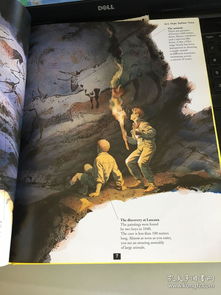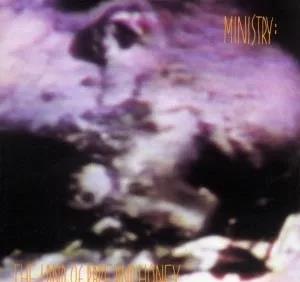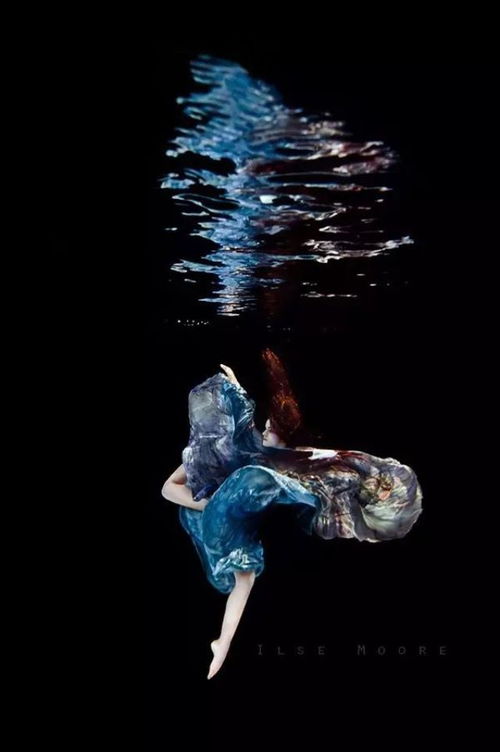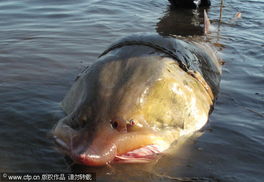Content:
Introduction: Fishing for large mouth bass in black hole fishing ponds can be an exhilarating experience. These ponds are known for their challenging waters and abundant fish, making them a favorite among anglers. However, to successfully land a large mouth bass, it's crucial to master the right techniques. In this article, we will delve into the essential black hole fishing techniques for catching large mouth bass, ensuring you have a successful and enjoyable fishing trip.
Understanding Black Hole Fishing Ponds: Before diving into the fishing techniques, it's important to understand the unique characteristics of black hole fishing ponds. These ponds are typically characterized by their deep, dark waters, which can make it difficult to spot fish. The water clarity is often low, and the pond's structure can vary, with submerged logs, rocks, and vegetation providing excellent hiding spots for bass.
Choosing the Right Gear: Selecting the appropriate gear is the first step towards successful fishing. Here are some essential gear items to consider:
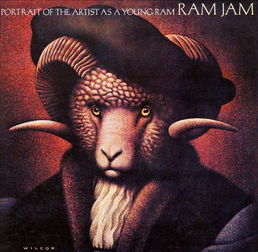
- Rod and Reel: A medium-heavy action rod with a fast taper is ideal for casting and fighting large mouth bass. A spinning reel with a good drag system is recommended for controlling the fish during the fight.
- Line: Use a monofilament line with a breaking strength of 12-15 pounds. This will provide enough strength to handle the bass while being flexible enough to avoid detection.
- Lures: Large mouth bass are known for their aggressive nature, so it's important to use lures that mimic their natural prey. Topwater lures, crankbaits, and soft plastics are all effective choices.
Locating the Bass: One of the most challenging aspects of fishing in black hole ponds is locating the bass. Here are some tips to help you find these elusive fish:
- Look for Structure: Bass often lurk near submerged logs, rocks, and vegetation. Use a fishfinder or your knowledge of the pond's layout to identify these areas.
- Study the Weather: Bass are more active on overcast days or during the cooler parts of the day. Pay attention to weather patterns to increase your chances of finding active fish.
- Use Your Senses: Pay attention to the water's surface. Fish may be seen breaking the surface, or you may notice bubbles or disturbances caused by their feeding activity.
Presenting the Lure: Once you've located the bass, it's time to present your lure effectively. Here are some techniques to consider:
- Topwater Lures: Cast your lure towards the bass and work it with short, erratic twitches. This can trigger a strike from a bass that's cruising the surface.
- Crankbaits: Work your crankbait through the water column, adjusting the retrieve speed to match the bass's feeding pattern. Pay attention to the pond's structure and work your lure around any potential hiding spots.
- Soft Plastics: Rig your soft plastic lure on a straight-tail hook and work it through the water column with a slow, steady retrieve. Vary the retrieve speed and add a pause to mimic a struggling prey item.
Fighting the Bass: Once you've hooked a large mouth bass, it's time to fight the fish. Here are some tips to ensure a successful catch:
- Keep the Line Taut: Maintain tension on the line to keep the bass from running away. However, be careful not to pull too hard, as this can lead to a broken line or a torn lure.
- Use a Net: Once the bass is close to the boat, use a net to help land the fish. This will prevent the bass from thrashing and potentially damaging itself or your equipment.
- Be Patient: Large mouth bass can be quite strong, so be prepared for a spirited fight. Take your time and don't rush the process.
Conclusion: Catching large mouth bass in black hole fishing ponds requires patience, practice, and the right techniques. By understanding the pond's unique characteristics, selecting the appropriate gear, and mastering the art of lure presentation and fighting the fish, you'll be well on your way to a successful fishing trip. Remember to enjoy the experience and respect the natural habitat of these magnificent fish. Happy fishing!

